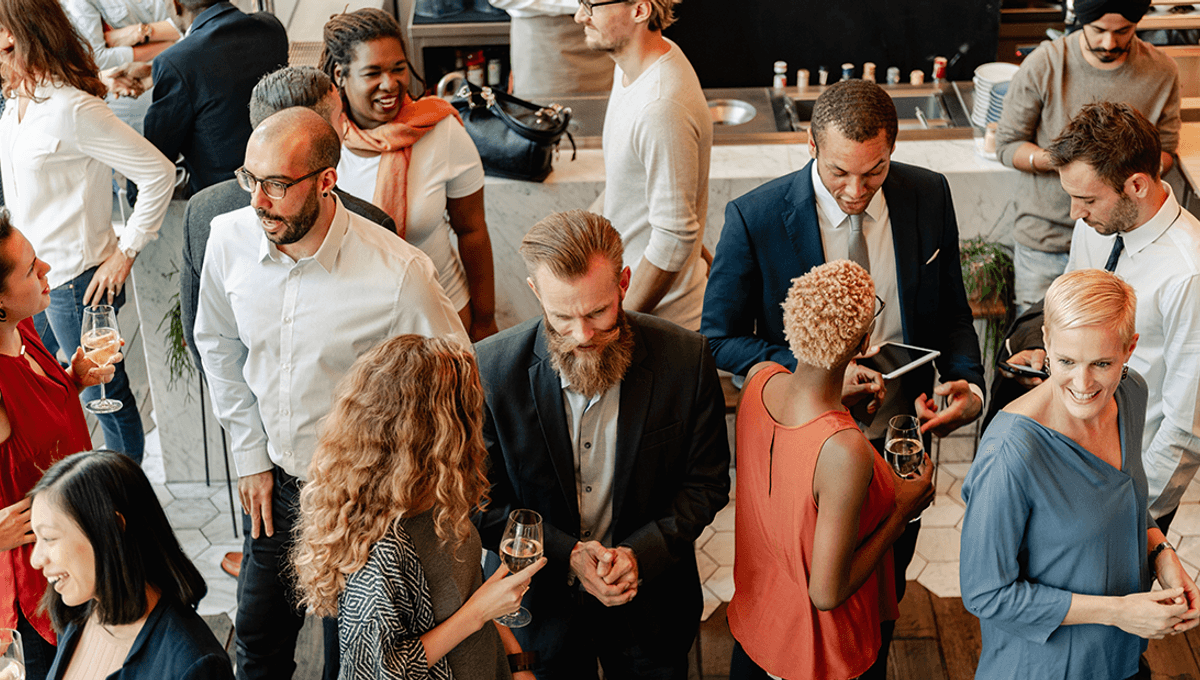
If there’s one thing everybody but Danny DeVito needs, it’s a way to appear more likeable. Fortunately, psychologists have looked into how to do just this in many different studies.
One such study looked at those awkward first meet and greets, when you are forced to socialize with colleagues or friends of friends with whom you are not already acquainted. The researchers, from Harvard, focused on how asking questions and follow-up questions affects your likeability.
“Imagine this scenario: you meet a new colleague for the first time at a company party. You strike up a conversation, and the colleague starts telling you a funny story. You are interested and engaged, and you ask several questions that encourage the colleague to elaborate on the details of the story,” the team writes in their study. “After the story is over, you exchange pleasantries and part ways. Later you realize that your colleague didn’t ask any questions about you, and you didn’t have an opportunity to reveal much information about yourself. Who made the better impression?”
While you might think that the talker, with their hilarious tales, would have left the better impression, looking into it further, they found that might not be the case.
In a series of studies, the team paired up participants with a conversation partner, in real life and via an online chat. One partner in the chats was asked to ask a number of questions of the other participant, without their knowledge of this part of the experiment. Afterward, they were asked to rate their conversation partner, as well as how many questions they thought the other partner had asked.
These studies, according to the team, supported their hypothesis that “people like their partners more when they ask more questions, because people who ask more questions are seen as more responsive”.
In a third experiment, the team looked at old data from a study on speed dating, which they deemed to be an ideal environment due to participants’ motivation to make a good first impression. Ideally, in the prior study, they had been asked to rate their partners, as well as whether they would agree to a second date.
“We trained a natural language processing algorithm as a ‘follow-up question detector’ that we applied to our speed-dating data (and can be applied to any text data to more deeply understand question-asking dynamics),” the team explained in their study. “The follow-up question rate established by the algorithm showed that speed daters who ask more follow-up questions during their dates are more likely to elicit agreement for second dates from their partners, a behavioral indicator of liking. We also find that, despite the persistent and beneficial effects of asking questions, people do not anticipate that question-asking increases interpersonal liking.”
So while you might struggle in conversation sometimes, a handy little trick for high-pressure first-meetings might be to ask questions and follow-up questions, to demonstrate how responsive you are and maybe appear a little more likeable.
The study is published in the Journal of Personality and Social Psychology.
Source Link: Psychology Study Reveals Trick For Appearing More Likeable In Social Situations